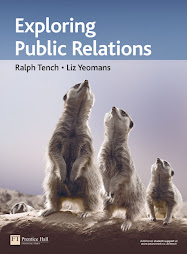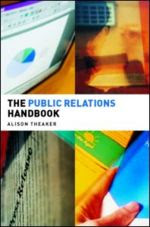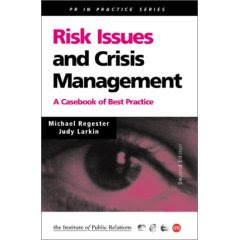Yes and No.
It is said that ethics begins at home and as such PR ethics begins with an individual. This means that even though different PR bodies have different sets of codes of ethics to guide their members in their professions, ethics really begins with the individual and directly relates to their value system as well as to the good of the society (Wilcox et al, 2003).
It is important therefore for an organisation to recruit a PR practitioner who is ethical and professional because it will reflect on the organisation itself. Also, audiences are likely to trust an organisation and believe what it says if the person representing is regarded as trustworthy.
It is however difficult and challenging for PR practitioners to practice ethics on an individual basis. Faced with the pressure of paying mortgages and educating their children, practitioners may find it easier to keep their views to themselves rather than talking to their employers out of carrying out activities that question the ethics of the profession. Loyalty to the employer and job security thus remain some of the biggest hindrances in achieving this important cause.
The biggest dilemma for most practitioners perhaps stems from the believe that most employers misunderstand the role of Public Relations in that PR should represent an organisation in a positive light at all times. As cited by Wilcox et al (2003) PR has emerged as an echo of an employer’s standards and interest rather than a professional discipline applied to the employer’s problems.’ What this means is that lies and propaganda become inevitable because employers expect PR practitioners to represent them in a positive light.
There are also problems in enforcing ethics for PR bodies. These organisations are often reluctant to discipline members for several reasons chief among them being that the members have a guaranteed right to freedom of speech. Also, most bodies believe that the set of ethics is there to guide members on how to conduct themselves. In other words the ethics are supposed to be educational rather than a rule or a law.
Subscribe to:
Post Comments (Atom)





No comments:
Post a Comment